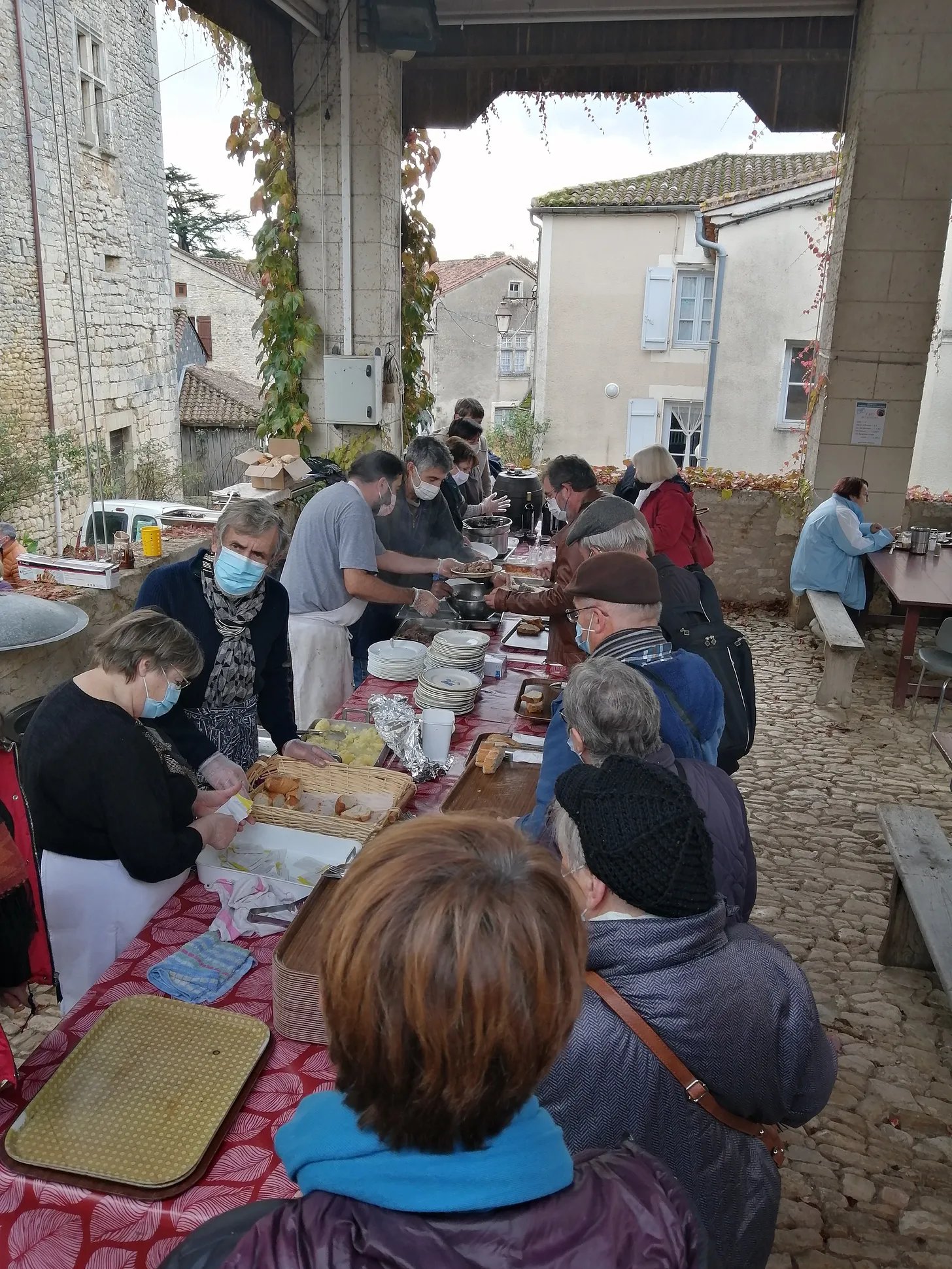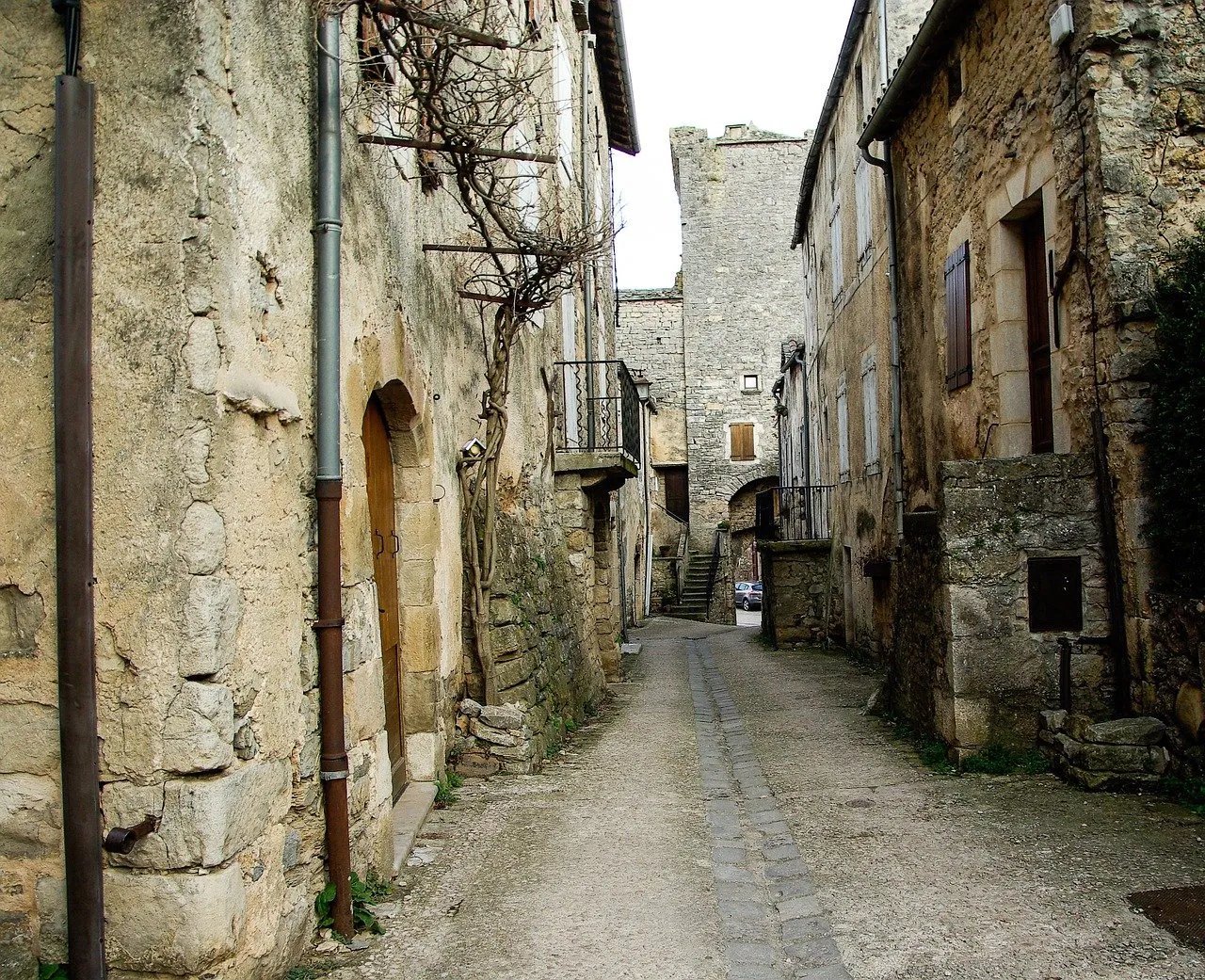How Green is France?
That depends how you measure it.
A few hours ago one of our readers, Crystal, asked me:
May I ask that you fill us in, as well, during your travels and searches, on each community and areas approach to global preservation. Reduction in waste, repurposing of supplies, recycling and composting of residuals. Modes of transportation from man powered (bicycles, walking) to public transportation (buses, underground, ride sharing) and finally to their transition to electric vehicles and more Earth friendly methods of home heating. Another vision I'd love to hear note of is the support of local markets, both food and clothing, locally sourced home supplies and the reduction primarily in the visibility of single use plastic packaging. I'd be quite interested in your take from a set of eyes new as a resident coming recently from another country with a more vast and contrasting range of extremes and opinions, efforts and future prospects being put into action.
Just today, in preparation for a possible trip to Paris, I logged onto a government website to request a windshield sticker that tells how high the carbon emissions are for our 2019 Hyundai. We rated a purple sticker, the best possible below electric and hydrogen vehicles. Some high polluting vehicles are actually banned in Paris..
On the other hand diesel cars are still a big thing in France
We live in a rural location. at the end of every road are two bins: one smaller one for garbage, one big one for paper and plastic recycling. Glass though has to be taken to the bin on the outskirts of Varaigne.
France is justifiably proud of their efforts to reduce carbon emissions, but a lot of those reductions are the direct result of a heavy reliance on nuclear power generation.
In January France will ban plastic packaging on fruits and vegetables.
Farmers markets happen in every town and village, and they are truly local affairs with a quality and variety of fruits, vegetables, cheeses, sausages, and every other foodstuff that can only be imagined in Canada. And clothing. Overall the quality of food in France is an order of magnitude better than Canada, and much of it is grown very close to home.
Every village has a baker who makes bread and pastries for their neighbours, and there is almost always a butcher or charcuterie for meats. Regardless of that, our local InterMarché supermarket would put a Vancouver Whole Foods to shame.
The Foire aux Dindons last week in Varaigne drew some 15,000 to 20,000 people, had dozens of vendors, and included a very busy travelling knife sharpening service. I’m not sure that it’s even possible to get a knife sharpened in Vancouver.
On the other hand because of bird flu restrictions there weren’t actually any live turkeys this year. There was though a massive community turkey dinner.
Aside from the suburban ring around Angouleme we have not seen a single one of those mega-commercial strips that are the norm in Canada. Instead we still see all manner of local owned, local run businesses. That means a personalized level of service that Best Buy or Canadian Tire will never attain.
It’s worth noting that overall cars and trucks are much smaller, and unless I miss my guess much more energy efficient. You can be sure that you won’t see a Ford F-350 or Dodge Ram, in large part because they couldn’t possibly navigate the ancient city streets.
And of course, houses built 200, 300, or 500 years earlier will outlast anything constructed today. The French government actually delivers on programs to help home-owners to make their houses more efficient and green - the kind of promises that Canadian governments keep making, but that never seem to actually add up to anything significant.
Overall I’d say that the French have a strong sense of history, and the role that their history has played in their lives and their culture. That makes them appreciate the value of preservation and heritage in a real and impassioned way, and means that there isn’t the urge to bulldoze buildings willy-nilly.
That sense of heritage and of France’s colonial past led this year to an apology by President Emmanuel Macron to Algerians who fought alongside French colonial forces in Algeria’s war for independence, and were then massacred and ostracized as traitors. Last month France began to return artworks stolen from Benin during the colonial occupation.
And finally in terms of local versus international juggernauts, France has imposed a minimum charge for the delivery of books. This is explicitly intended prevent Amazon.com from offering free delivery. That means that the thousands of local bookshops are competing on a level playing field.
At the end of the day I’d say that France is well ahead of Canada in terms of being really green and local. Some of that is a French thing, and a lot of that is the larger European Union rules. All in all I feel that it is better here.



